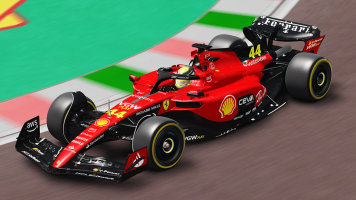The fuel flow rule has nothing to do with the total fuel used, besides the unfortunate sharing of the number 100 that is confusing so many people. A much better choice would have been to change units, for example the rule could have been a maximum fuel flow of 27.8 ml/s and nobody would be thinking on the total race fuel.
That rule has to do with limiting power. FIA wanted to give the freedom of designing an engine, but with some boundaries on the power. They could have set a rule such as "engines will have less than 700 HP in any case", but that is much more difficult to enforce. Instead, they limit the amount of fuel the engine can use in an instant, and that sets a theoretical limit (maximum efficiency) on the power output.
Nothing at all to do with total race fuel. Nothing. Neither with watching teams running out of fuel.
And, IMHO, this is for once a quite well defined rule with little space for loopholes. They have clearly stated the limits, the measurement apparatus and the procedure in case of contingencies. It is spotless.
Then we were gravely misinformed on the Sky feed, as Ted Kravitz - who has a lot more inside info than we do, and doesn't have a tendency to make things up - indicated that the very reason they brought it in, was to assist with not running out of fuel. As you say, the numbers are a coincidence, but teams running at 100kg/h max will have much more consistent performance than some others who would be running at say 200kg/h at the beginning, only to have to crawl around at the end.










